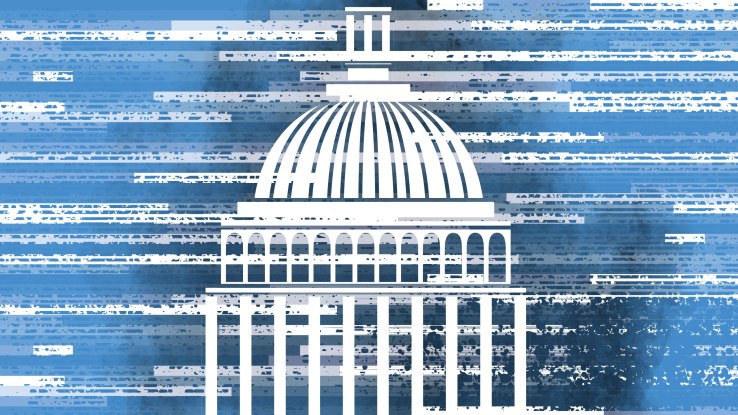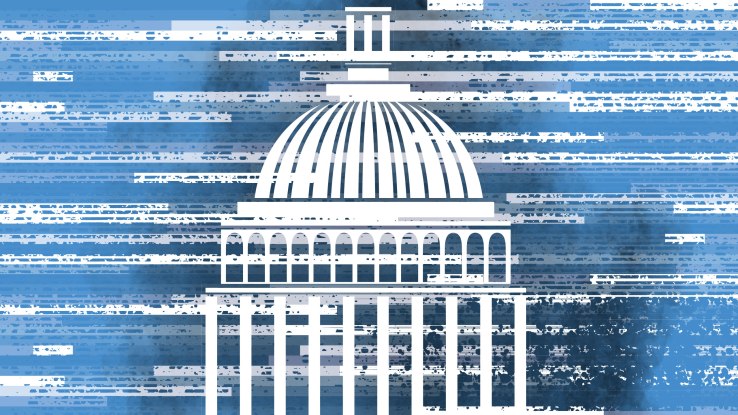

A day of protest over the FCC’s controversial proposal to eliminate net neutrality rules has been planned for July 12, with supporters of the online action including the likes of Amazon, Etsy, Github, Kickstarter, Reddit and Y Combinator.
The protest website lists more than 60 participants who are planning to join in the day of action next month, and is soliciting more signs up.
The action is being organized by three online rights organizations, Fight for the Future, freepress and Demand Progress — some of which were also involved in the 2012 online protests against the SOPA and PIPA bills. Those protests, five years ago, saw more than 50,000 websites blackout their homepages — and led to a rethink in Congress.
Evidently the hope is for a repeat performance that can head off the 2017 net neutrality threat.
“The FCC wants to destroy net neutrality and give big cable companies control over what we see and do online. If they get their way, they’ll allow widespread throttling, blocking, censorship, and extra fees. On July 12th, the Internet will come together to stop them,” they write on the protest website.
“We’ll provide tools for everyone to make it super easy for your followers / visitors to take action. From the SOPA blackout to the Internet Slowdown, we’ve shown time and time again that when the Internet comes together, we can stop censorship and corruption. Now, we have to do it again!”
As we reported in May, the FCC’s proposed rule — due to be voted on later this summer — would remove the classification of broadband as a telecommunications service governed by Title II of the Telecommunications Act, which gives the FCC broad powers to regulate internet service providers.
Meaning that ISPs and cable providers would — at least in theory — be free to throttle, block or censor online services, or apply extra fees for accessing certain content. They would certainly gain greater potential power over online content.
Sam Altman, president of Y Combinator — one of the backers of the protest — has said his reasons for joining the action are the risk of cable and wireless companies having “outsized power to pick winners and losers in the market”.
For a deeper dive into the FCC’s proposals check out our earlier post.

